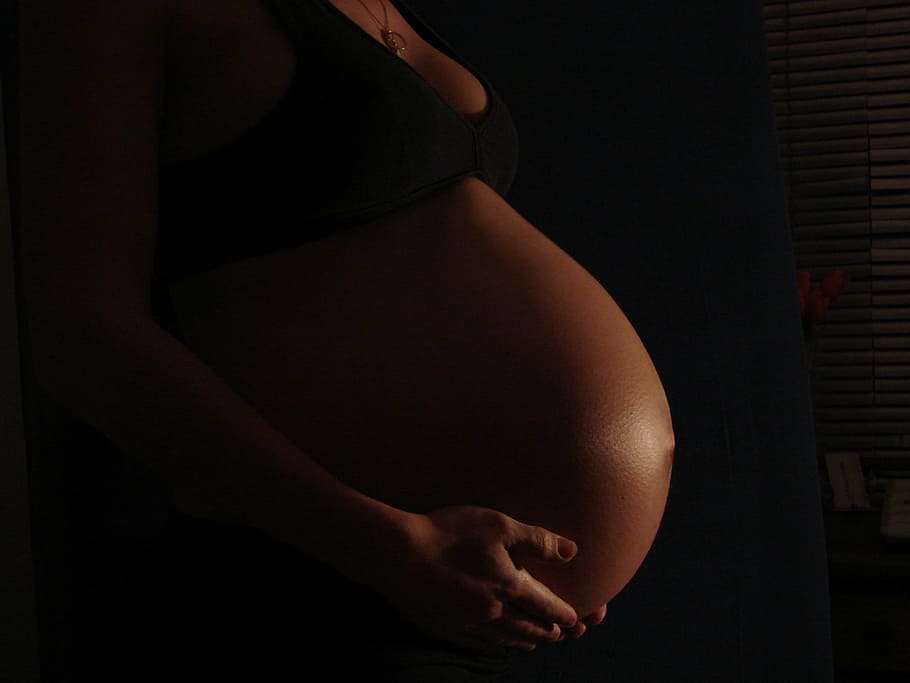UN agency: 'Midwives needed more urgently than ever'

Dr Natalia Kanem, executive director of the UN Population Fund (UNFPA), the UN sexual and reproductive health agency, said in a statement on May 3 that millions of lives worldwide are in the hands of midwives, who are considered the unsung heroes of community health service.
Midwife births are safer and the care they provide is said to be more adjusted to women’s needs, desires and local cultural practices.
Kanem added, “When crisis strikes, midwives are often first on the scene, especially in remote communities.
“They know that babies arrive no matter a childbearing woman’s circumstances – whether she’s resting at home or fleeing it due to conflict or disaster.”
Around the world, a woman dies every two minutes due to pregnancy, childbirth or its aftermath.
Climate change – hotter temperatures, sudden floods, extreme weather – can lead to women having premature births, miscarriages, can make it impossible to reach health facilities and put women at a heightened risk for displacement.
Kanem said, “Midwives are instrumental to navigating these challenges: They can provide up to 90 per cent of essential services for sexual and reproductive health and bring their expertise and counsel to women wherever they are.”
The release said at present, there is a global shortage of midwives, due to the job's being demanding. Gender discrimination has also resulted in low wages, limited opportunity for advancement and reports of sexual harassment on the job.
Kanem concluded, “On this International Day of the Midwife, as we celebrate their countless achievements, let us write a new narrative – one in which we commit to supporting the midwifery profession and addressing the global shortfall in maternal health resources.
“A worsening climate crisis makes the need for midwives more urgent than ever. The time to act is now.”
International Day of the Midwife will be celebrated on May 5.


Comments
"UN agency: ‘Midwives needed more urgently than ever’"